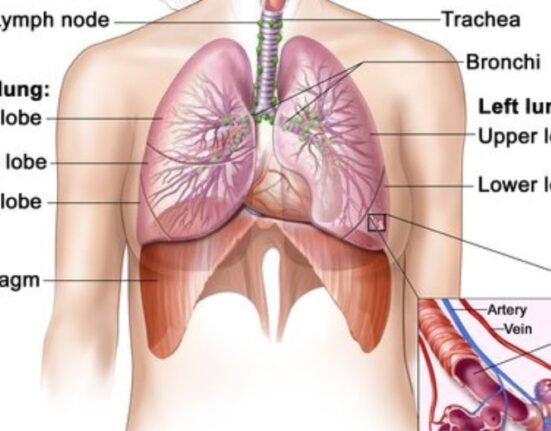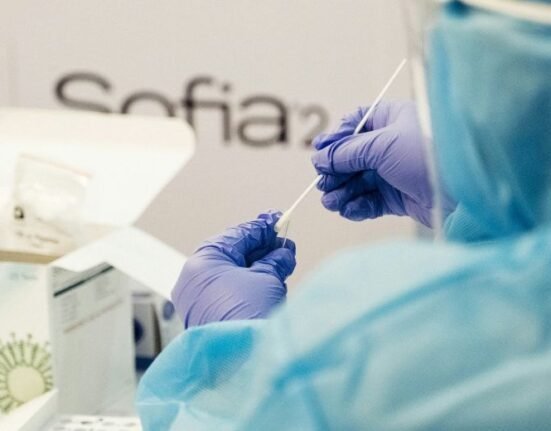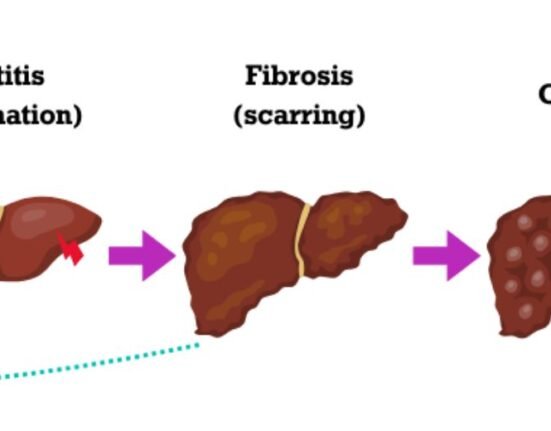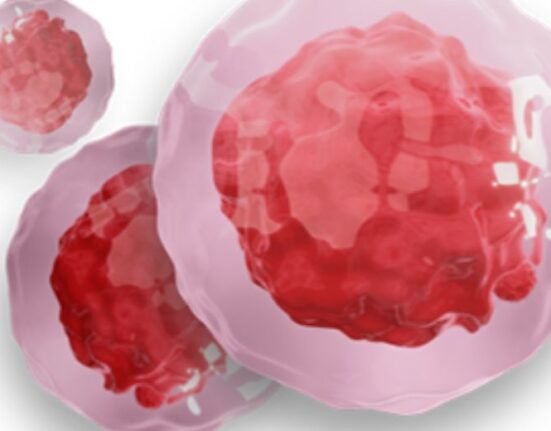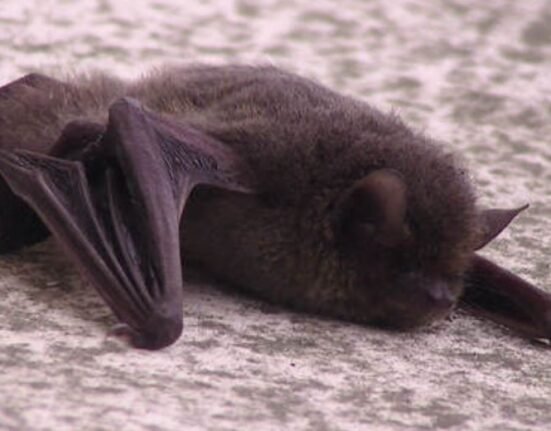HQ Team
October 20, 2022People with cirrhosis of the liver show low response to the Covid-19mRNA vaccines, according to patient evidence collected after two doses. However, a new study strongly supports giving the recommended booster vaccinations to these patients.
In a retrospective analysis of over 26,000 patients with cirrhosis, investigators found an 80% reduction in COVID-19 occurrence, 100% reduction in severe or critical COVID-19, and 100% reduction in COVID-19-related death. Their findings are reported in the Journal of Hepatology.
“Our group previously demonstrated that in patients with cirrhosis, the effectiveness associated with two doses of an mRNA vaccine was lower and slower compared to that seen in a healthy population,” explained lead investigator Binu V. John, MD, MPH, Division of Gastroenterology and Hepatology, Miami VA Medical System. “Patients with cirrhosis are particularly vulnerable to the impact of COVID-19, presenting higher hospitalization and mortality rates compared to those without liver disease. These findings inspired us to focus on the next question: What is the additional benefit of booster doses in cirrhosis, and particularly against the delta and omicron variants.”
The retrospective cohort study of patients with cirrhosis who received two or three doses of either the Pfizer BNT162b2 mRNA or Moderna mRNA-1273 vaccines at the Veterans Health Administration between December 18, 2020 and February 11, 2022, when the delta and omicron variants were active was revealing. For the cohort study, around 13,000 participants who received three doses of the vaccine were matched with 13,000 controls who had received two doses.
Patients who received three doses were evaluated for the development of COVID-19.
80 to 100% reduction in covid severity
The findings showed that the receipt of the third dose of either the BNT162b2 mRNA or the mRNA-1273 vaccines reduced the development of COVID-19 and symptomatic COVID-19 by 80 per cent. Moreover, a 100% reduction in severe or critical COVID-19 and COVID-19 — related death was seen compared to participants with cirrhosis who received only two doses.
“This reduction associated with the third dose is significantly higher than that described in a healthy population and suggests that a third dose of the COVID-19 mRNA vaccine is able to overcome the vaccine hyporesponsiveness in cirrhosis,” noted Dr. John. “This study suggests that the third dose of an mRNA vaccine is able to offer significant protection against COVID-19, and particularly against severe disease.”
The researchers found the third dose to be effective in both people with compensated cirrhosis (where the patient is active despite a compromised liver), and decompensated cirrhosis (when liver disease is worse and associated with symptoms). The patients with compensated cirrhosis seemed to benefit more from the third dose.
The doctor believes that this is added evidence of the role that vaccination plays in cirrhosis. The investigators noted that their findings were surprising. “We had anticipated that the third dose may offer greater protection compared to two doses. However, the magnitude of reduction was remarkable and even greater than seen in the healthy population. Our results show that patients with cirrhosis should definitely receive the third vaccination dose, and potentially all boosters now recommended,” concluded Dr. John.
Cirrhosis occurs when liver function is impaired due to the formation of scar tissue, known as fibrosis. It is associated with decreased responsiveness to most vaccines, hence the surprising results.



